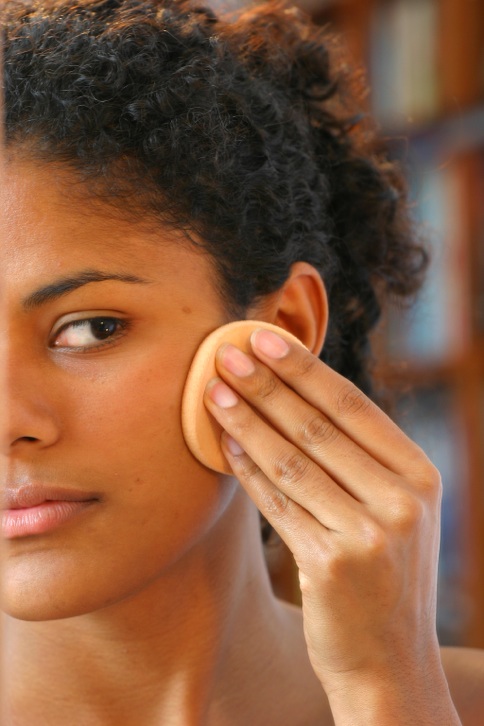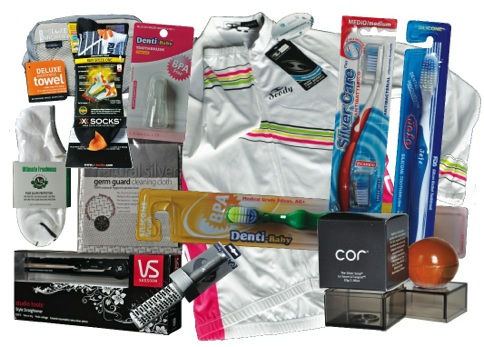 A new study, commissioned by CIEL, ECOS, and the Oeko-Institute shows that most of the information made available by the Sponsorship Testing Programme of the Organisation for Economic Co-operation and Development (OECD) is of little to no value for the regulatory risk...
A new study, commissioned by CIEL, ECOS, and the Oeko-Institute shows that most of the information made available by the Sponsorship Testing Programme of the Organisation for Economic Co-operation and Development (OECD) is of little to no value for the regulatory risk...
 A new peer-reviewed study on food grade titanium dioxide (TiO2) containing nanoparticles confirms that that there are serious potential health risks associated with consuming these particles and they should not be permitted in our food. The study undermines the...
A new peer-reviewed study on food grade titanium dioxide (TiO2) containing nanoparticles confirms that that there are serious potential health risks associated with consuming these particles and they should not be permitted in our food. The study undermines the...
 The European Commission’s Scientific Committee on Consumer Safety (SCCS) has found that there is inadequate data to conclude that the use of nano-silica in cosmetics is safe. And yet nano-silica is still being used – not only in cosmetics – but also in our...
The European Commission’s Scientific Committee on Consumer Safety (SCCS) has found that there is inadequate data to conclude that the use of nano-silica in cosmetics is safe. And yet nano-silica is still being used – not only in cosmetics – but also in our...
 A new study published in the journal Environmental Science and Technology, found that nano zinc oxide – used in many sunscreens and some toothpastes and beauty products—makes sea urchin embryos much more vulnerable to other environmental toxins. Nano-copper...
A new study published in the journal Environmental Science and Technology, found that nano zinc oxide – used in many sunscreens and some toothpastes and beauty products—makes sea urchin embryos much more vulnerable to other environmental toxins. Nano-copper...
 While the rate of commercialisation of products containing nanomaterials accelerates rapidly, the environmental, health and safety studies that should have been done before commercial release occurs are only slowly appearing. Two recent studies demonstrate how little...
While the rate of commercialisation of products containing nanomaterials accelerates rapidly, the environmental, health and safety studies that should have been done before commercial release occurs are only slowly appearing. Two recent studies demonstrate how little...







